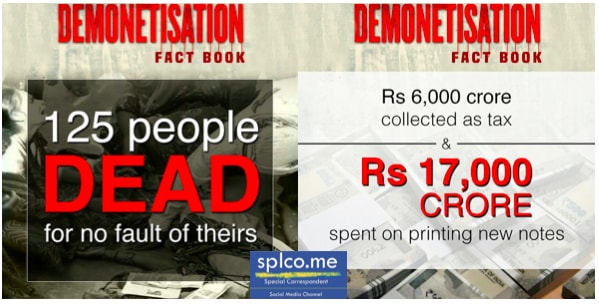Today Indian Parliament passed four legislations for roll out of Goods and Services Tax (GST) from the target date of July 1, 2017
The Lok Sabha had passed these bills on March 29 namely
The Central GST Bill, 2017;
he Integrated GST Bill, 2017;
The GST (Compensation to States) Bill, 2017; and
The Union Territory GST Bill, 2017
were initially returned by the Rajya Sabha but after negation of a host of amendments moved by the opposition parties.

All the States will now have to pass the States GST Bill after which the new indirect tax regime can be rolled out.
Responding eight hour-long debate, Finance Minister Arun Jaitley put aside fears that the GST, will not lead to inflation as apprehended by some sections.
He also told that with the implementation of the GST, revenue of the Centre, the states and the industry and trade must benefit, he also added the rates are to be discussed by the GST Council on May 18-19. Mr. Jaitley said once the new regime was implemented, India would have one rate for one commodity throughout the country.
The powerful GST Council, comprising Centre and States, has recommended a four-tier tax structure — 5, 12, 18 and 28%. On top of the highest slab, a cess will be imposed on luxury and demerit goods to compensate the States for revenue loss in the first five years of GST implementation.
Jaitley said the successive governments have contributed towards the GST and no one person can take credit for it. “This Bill, I have no hesitation in conceding, is a collective property,” he said.
your reviews / critics are valuable to us . your news making skills can also be jointly done in our novel unique social media news making platform kindly get in touch with our team who vows to bring news told in its pure kind from splco Social Media channel for deserved people.



Comments
Comment on this article: